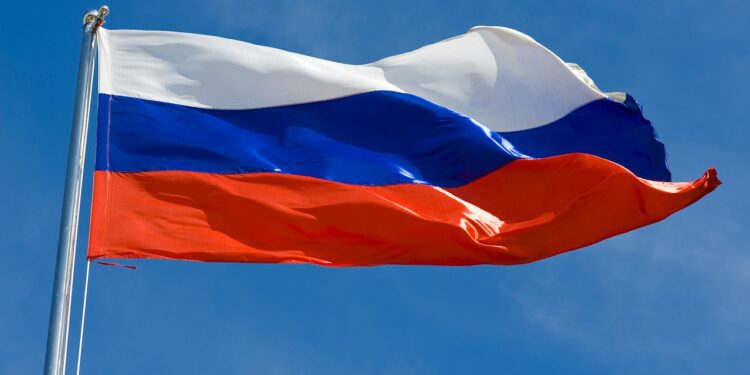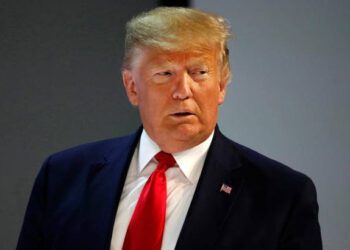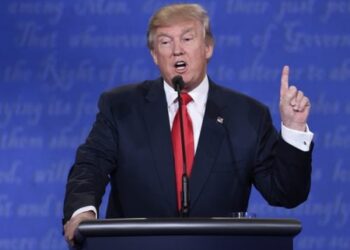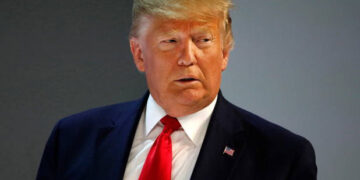The ongoing geopolitical tension between Russia and the West, exacerbated by Russia’s invasion of Ukraine in February 2022, has resulted in unprecedented economic sanctions on Russia. These sanctions, which have surpassed those imposed on Iran and North Korea, are likely to persist for decades, even in the event of a peaceful settlement in Ukraine, according to Dmitry Birichevsky, a senior official in Russia’s foreign ministry.
Sanctions as a Long-Term Strategy
Dmitry Birichevsky, head of the economic cooperation department at Russia’s foreign ministry, stated that the sanctions imposed by the West on Russia are not merely a reaction to the conflict in Ukraine but a manifestation of a deeper strategy of economic competition. “This is a story for decades to come. Whatever the developments and results of a peaceful settlement in Ukraine, it is, in fact, only a pretext,” Birichevsky said, underscoring the idea that the sanctions are part of a long-term effort to curb Russia’s economic influence.
The official also noted that these sanctions, which were first introduced long before the Ukraine conflict, aim to undermine Russia’s position in the global economy. Birichevsky’s comments reflect a broader sentiment within the Russian government that the West’s economic measures are designed to sustain an unfair competitive advantage.
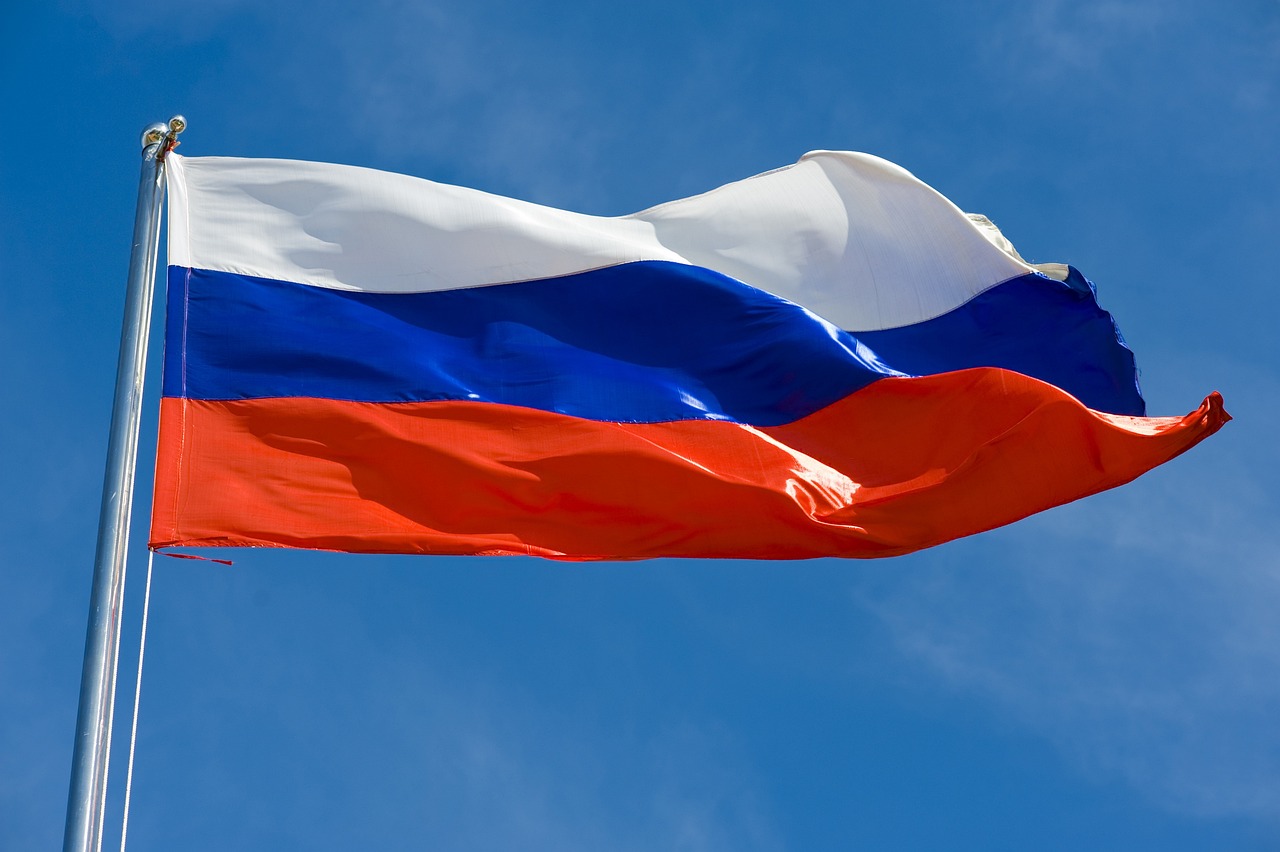
Economic Impact and Resilience
Despite the significant pressure from sanctions, Russia’s economy has shown surprising resilience, growing by 4.7% in the first half of the year. This growth suggests that while sanctions have undoubtedly strained the economy, they have also forced Russia to adapt and innovate. Birichevsky highlighted that the sanctions have had some unexpected benefits, particularly in terms of economic restructuring. “In the 1990s, we thought that if we had oil and gas, we could buy everything else abroad. Now we cannot buy that,” he remarked, pointing to a shift towards producing more value-added goods domestically.
However, Birichevsky also warned of the continued challenges posed by the “sanctions spiral,” as Western regulators increasingly target sectors of the Russian economy that have not yet been sanctioned. This ongoing escalation of sanctions is likely to inflict further economic pain, potentially leading to deeper and more widespread economic hardships in the coming years.
Internal Dissatisfaction and Political Tensions
While the Russian economy has shown some resilience, the sanctions have created significant discontent among Russian businessmen. Many are privately unhappy with the economic isolation and its impact on their wealth and business prospects. However, they are largely unwilling to voice their concerns publicly, fearing retribution from President Vladimir Putin or top military and intelligence officials.
A recent example of this internal dissent is the backlash faced by billionaire Oleg Deripaska after he made a rare anti-war statement. Deripaska described the conflict as “mad” and called for a ceasefire without preconditions, which led to criticism from hardline factions within Russia. This incident highlights the precarious position of Russian elites, who are caught between the economic consequences of sanctions and the political risks of opposing the war.
International Collaboration Against Sanctions
In response to the ongoing sanctions, Russia has been exploring alliances with other sanctioned countries, such as Iran, North Korea, and Venezuela. Birichevsky revealed that Moscow is sharing strategies with these nations in an effort to create an international “anti-sanction” coalition. The goal of this coalition is to jointly resist Western economic pressure, potentially reducing the impact of sanctions on each member state.
This strategy reflects a broader shift in Russia’s foreign policy, as it seeks to build new economic and political partnerships outside of the Western-dominated global order. By collaborating with other sanctioned countries, Russia hopes to mitigate the impact of sanctions and establish alternative trade and financial networks.
Nuclear Safety Concerns at Zaporizhzhia
Amid the ongoing economic and geopolitical tensions, the situation at Ukraine’s Zaporizhzhia nuclear power plant has raised significant safety concerns. According to Rafael Grossi, Director General of the International Atomic Energy Agency (IAEA), the safety of the plant is deteriorating following a drone strike that hit the road around the perimeter on Saturday. The Russian management of the plant reported that a Ukrainian drone dropped an explosive charge on a road outside, endangering the staff who use the highway.
The incident underscores the broader risks associated with the conflict in Ukraine, particularly the potential for a nuclear disaster. The deteriorating situation at Zaporizhzhia highlights the urgent need for diplomatic efforts to de-escalate the conflict and ensure the safety of critical infrastructure in the region.
Conclusion
The economic sanctions imposed on Russia by the West are likely to remain in place for decades, fundamentally altering the country’s economic landscape and its position in the global order. While the sanctions have forced Russia to restructure its economy and seek new alliances, they have also created significant internal tensions and increased the risk of broader geopolitical instability. As the conflict in Ukraine continues, the long-term implications of these sanctions will play a crucial role in shaping the future of Russia and its relations with the rest of the world.

